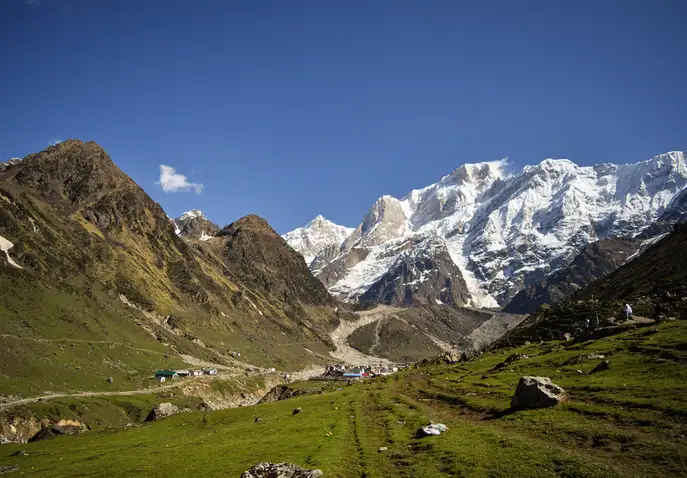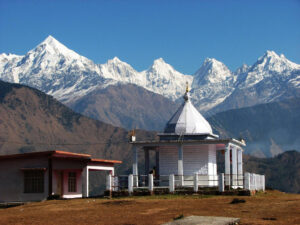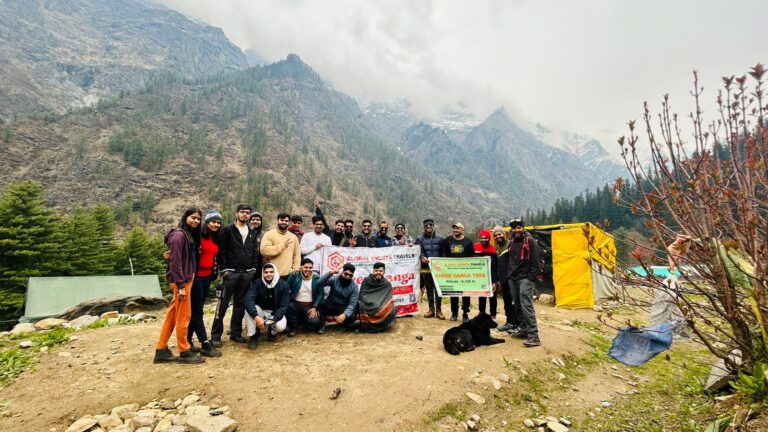If you’ve ever wondered how mountain ranges affect climate, then you’ve come to the right place. The mountains have a dramatic effect on our weather. When they rise, moist oceanic air condenses and rises. This moisture is then frozen into precipitation or clouds. The air then plunges down the opposite side, warm and dry, and causes the weather on the west side to be drier than that on the east. Meteorologists call this the orographic effect.
Also Read: The Father Who Moves Mountains Ending In Details
Changes in temperature
Mountain climates vary greatly and differ from place to place. Compared to the global mean temperature, the mountainous regions of the world are warming 25 to 50 percent faster than the average. This is primarily due to changes in snow cover and ice. Mountainous areas also absorb sun heat and contribute to melting. This process is similar to the Arctic amplification of climate. However, the specific effect of mountains is unclear. Here are a few things to know about mountain climates.
Changes in precipitation
Changing mountain precipitation is a key aspect of mountain climate. The region’s unique climatic conditions contribute to global warming. The area’s mountains are a major source of fresh water and act as water towers for lowland areas downstream. Additionally, their water-reservoir potential makes them important energy resources for local communities. Changes in these conditions have many implications for the climate, the local environment, and the human population.
Changes in wind patterns
The topography of a region has a major impact on its climate. Mountain ranges act as natural barriers to air movement. High mountains can trap moisture from the ocean, which is deposited in rain shadows. The taller Sierra Nevada range, on the other hand, rings this region with more precipitation, causing the climate to become warmer. Similarly, winds from the Alps can cause much of central Europe’s climate to become milder and more temperate.
Impacts on ecosystems
Mountain regions are often contested, and conflict is frequently a result. The mountains are often home to poor ethnic minorities and international borderlands, and provide many invaluable natural resources. Conflicts over the use of water in mountain areas are common, and the consequences of a changing climate for these ecosystems will be felt for many decades to come. Mountain ranges are also important for their role as water towers, storing water for downstream areas and producing energy through the potential for hydropower.
Impacts on human health
Mountains have ecological, aesthetic, and socioeconomic importance. Changes in climate are threatening these ecosystems and are having a direct impact on human wellbeing and livelihood. This means that understanding the effects of these changes on human health and wellbeing requires a more comprehensive approach than small-scale studies. Climate change is not the only threat to mountain ecosystems. Other factors are posing similar challenges. Here are some examples of the impacts of mountains on human health.



























+ There are no comments
Add yours